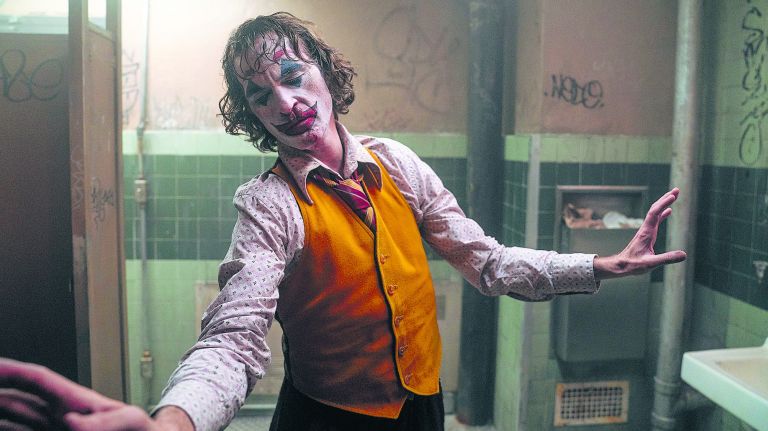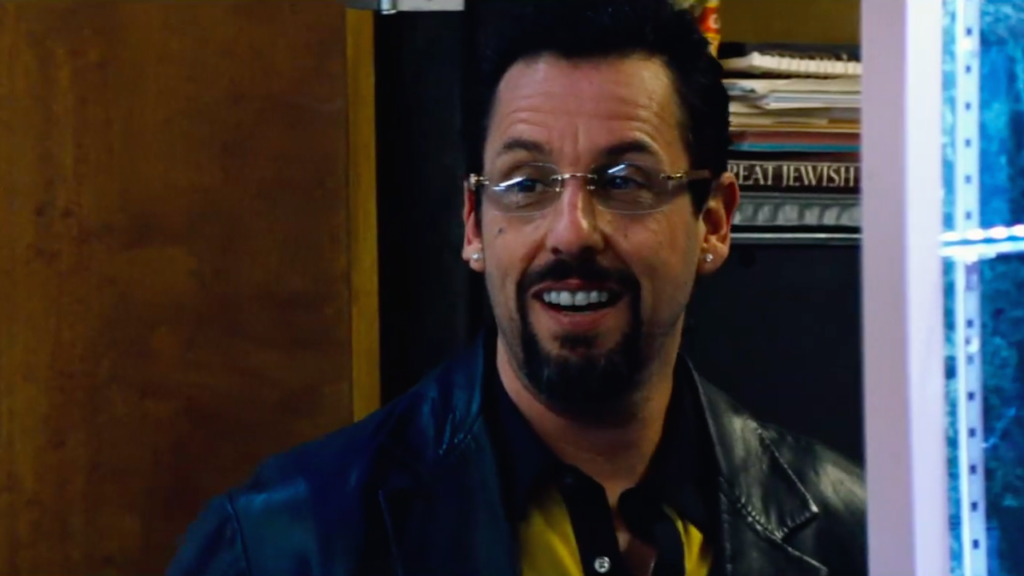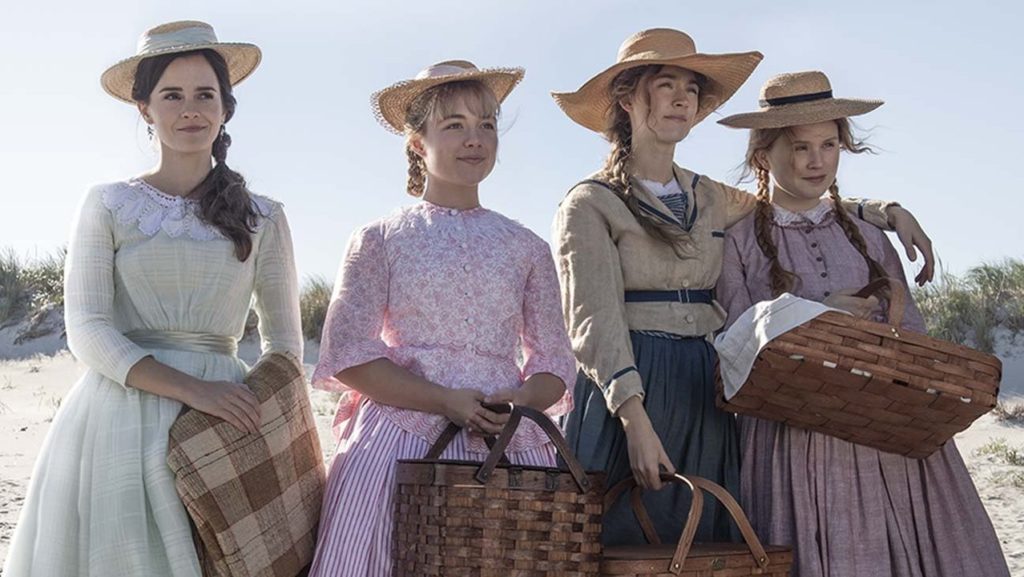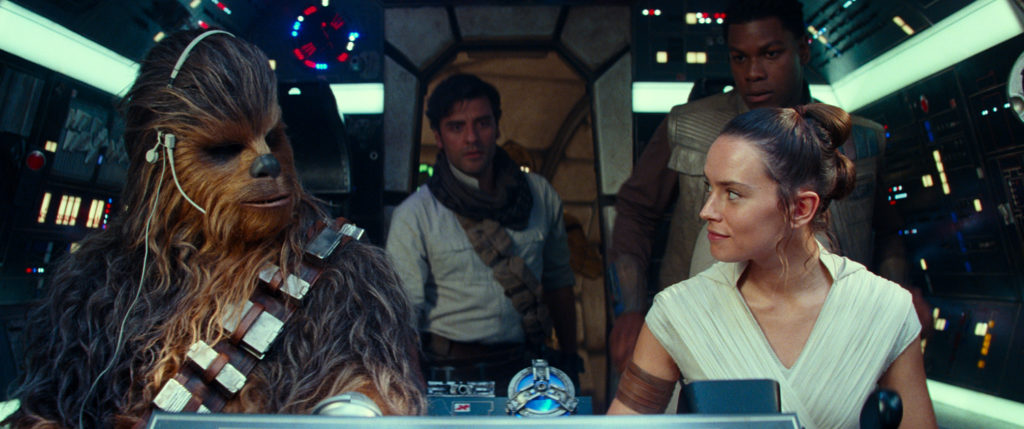Oscars 2019: Nomination Prediction Results
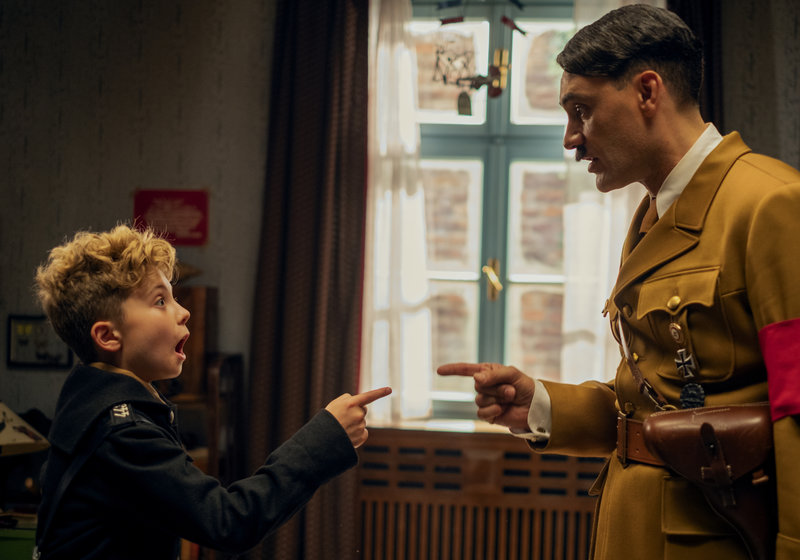
Poor Jennifer Lopez.
On the one hand, as a rule, I abhor the “Actor X was snubbed!” rhetoric. When a category limits itself to five selections, your favorites invariably find themselves left out; this rarely means that the chosen quintet is drastically inferior. That’s especially true in this bountiful era—our Golden Age of Acting—when every year seems to offer up a dozen or more performances worthy of recognition in each of the four fields. My own ballot in the acting categories hardly ever aligns with the Academy’s, but that doesn’t render their choices indefensible; it’s just a natural consequence of mathematics, the result of a large number being cruelly reduced to a small one. Great performances are inevitably excluded, not because voters didn’t appreciate them, but because they simply admired other work more.
Having said all that: Jennifer Lopez was snubbed. Her performance in Hustlers, full of fire and sadness and compassion, is the quintessential Oscar-worthy performance. It is impossible to conceive of a Best Supporting Actress field without her. The Academy blew it.
But as I discussed yesterday when making my predictions, one of the functions of the Oscars is to facilitate complaining. Their nominal purpose is to honor cinema’s best, but they’re more interesting for what they get wrong, which is what gets people angry (and talking). The only thing worse than an imperfect slate of nominees is a perfect one.
Speaking of predictions, I hit on 83% of mine this year (57 of 69), a decidedly mediocre number. Same as it ever was. On to some quick category-specific thoughts: Read More

